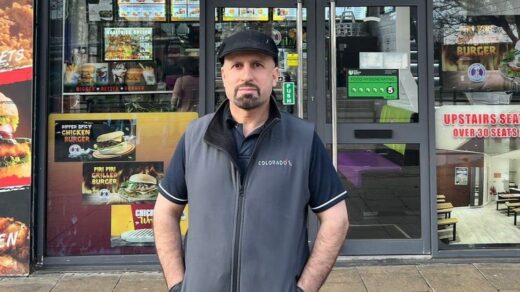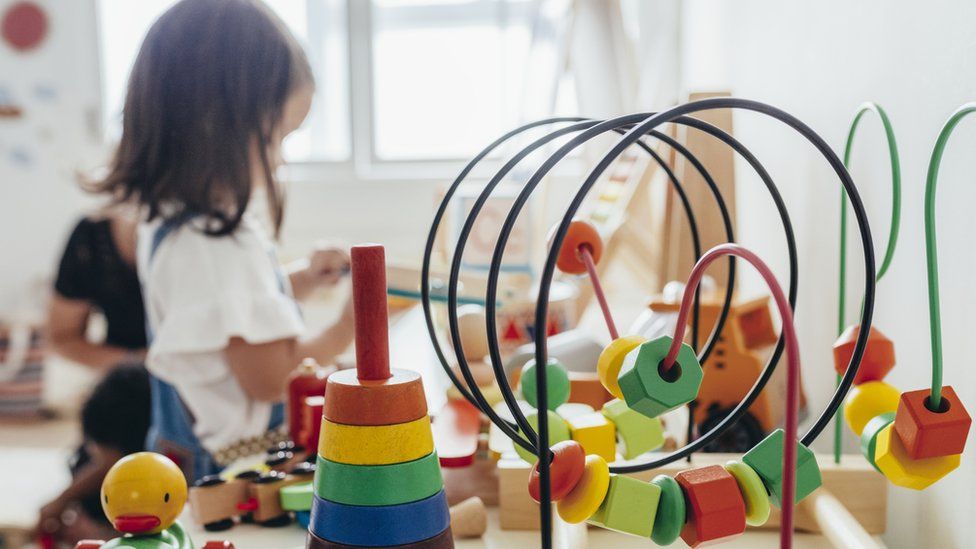The Alabama Supreme Court’s decision to classify frozen embryos as children has caused widespread shock and confusion, leading to major hospitals suspending fertility services and leaving prospective parents in a state of uncertainty. The ruling has sparked a debate about the role of theology in US lawmaking, as it appears to have divided the Christian anti-abortion movement.
Margaret Boyce, a devout Christian who was preparing for in-vitro fertilisation (IVF), is among those affected by the ruling. She is struggling to understand the decision, which she sees as complicating a process aimed at creating life. For her, life begins with a heartbeat, and she does not view a frozen embryo as a living person.
The court’s decision did not explicitly ban or restrict IVF, but it has created uncertainty for clinics and medical workers who handle embryos and fear potential prosecution. The ruling was based on an existing law – wrongful death of a minor – which the court interpreted as covering not just foetuses in the womb, but also embryos in labs or storage facilities.
Chief Justice Tom Parker invoked scripture in his explanation of the decision, arguing that the people of Alabama had adopted a “theologically-based view of the sanctity of life” in their state constitution. His use of religious justification has been celebrated by some anti-abortion groups but has also caused confusion among those who struggle to see a frozen embryo as a living person.
The ruling has political implications, with fears of a backlash in an election year. Donald Trump, the frontrunner in the Republican nomination race, has called on Alabama lawmakers to preserve access to IVF treatment.
For fertility patients in Alabama, the ruling has led to panic and confusion, with some rushing to transfer their frozen embryos out of the state. The future impact of the ruling remains uncertain, with some fearing it could influence decisions in other states. A bill is currently going through the state house in Alabama which aims to pause the ruling and allow treatments to resume as before.








